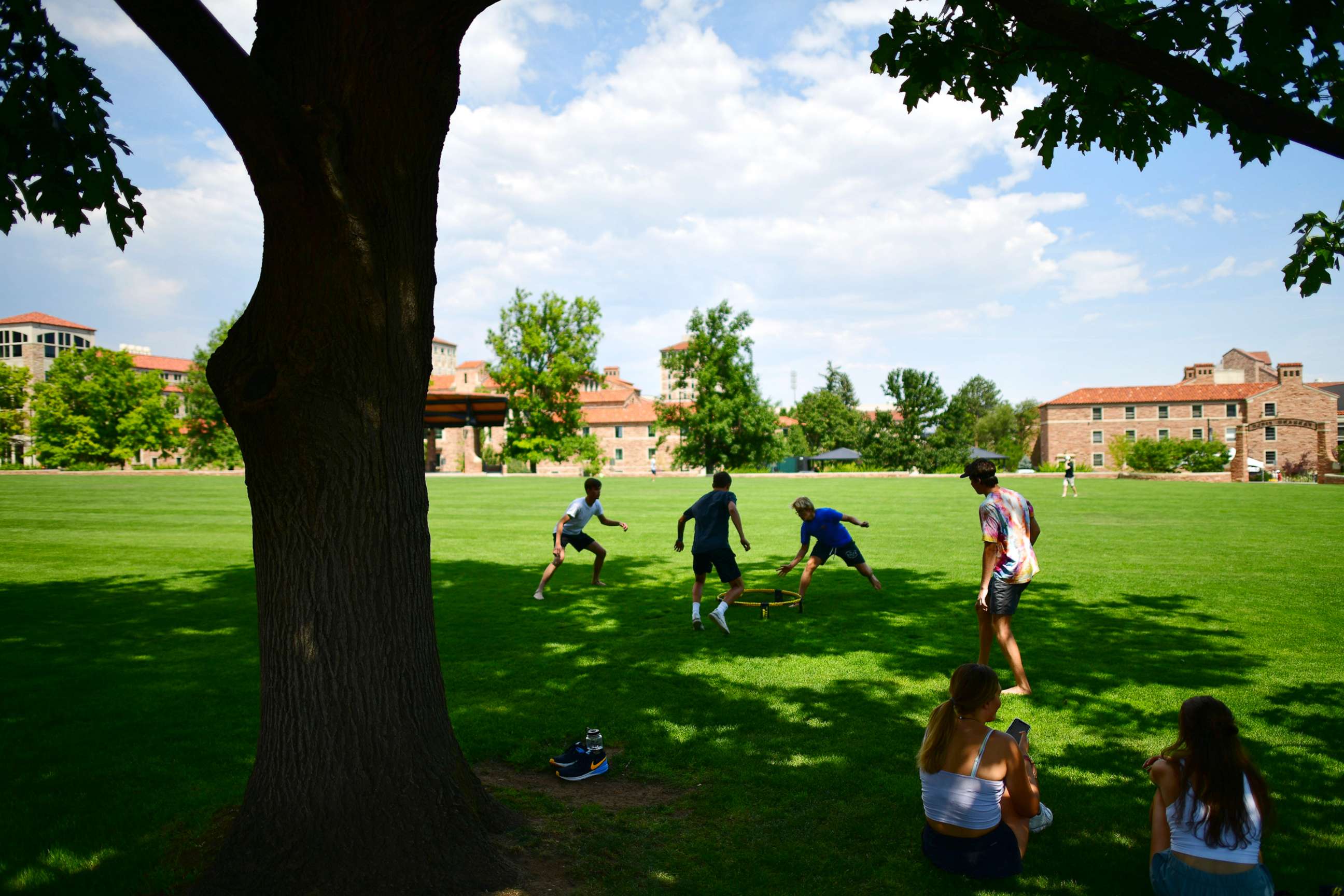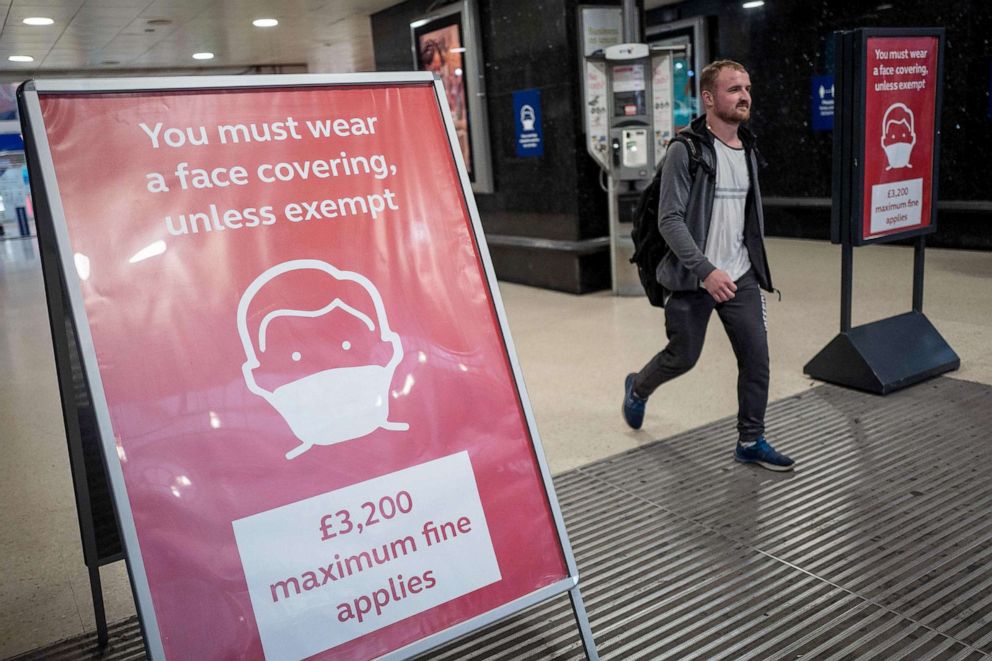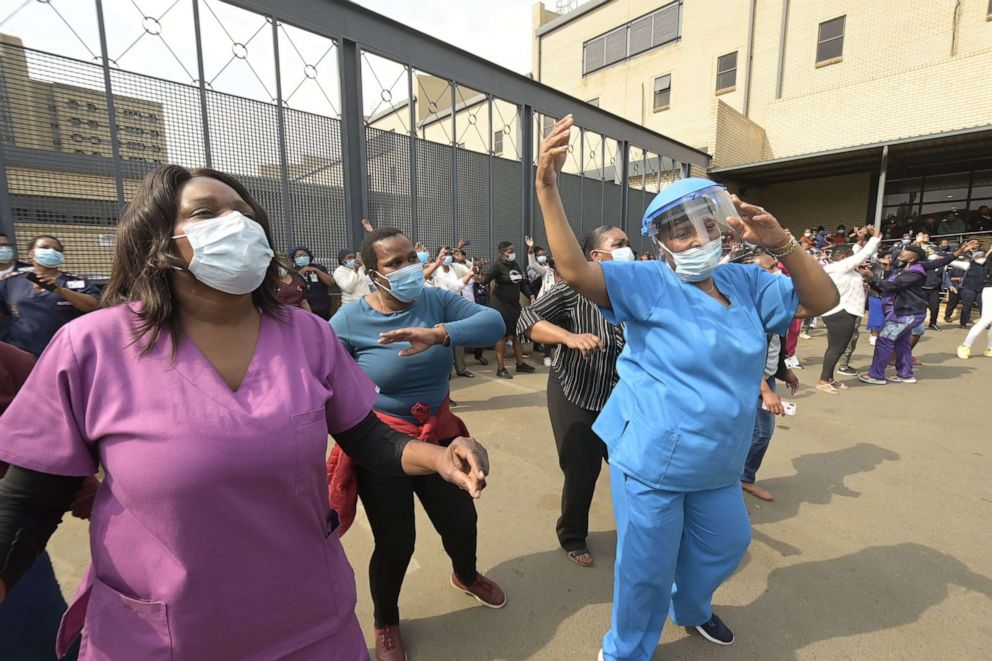Boulder bans gatherings for 18 to 22 year olds
In Boulder, Colorado, people ages 18 to 22 will soon be banned from all gatherings, whether indoors, outdoors, or with people outside that age range, the Boulder County Public Health Department announced.
This comes after nearly three weeks of cases rising in Boulder County, "with the vast majority" connected to 18 to 22 year olds, "particularly those attending the University of Colorado Boulder," the department said.
"While there has been little evidence of spread of the virus beyond the 18-22 age group, the continued increase in new cases in the city of Boulder prompted the Public Health Order to help prevent the spread to other community members," the department said.

The health department also calls out 36 addresses where the department claims residents "repeatedly engaged in activities that violate public health orders." Those residents must stay in their homes for two weeks, only leaving for essential services, according to the Health Department.
The order will last for two weeks, beginning at 4 p.m. local time on Thursday.
Residents in the 18 to 22 age group are exempt for exercising outside alone, studying outside alone and going to work if they don’t live in one of the homes with stay-at-home requirements.
Young adults can interact with relatives they live with, and those in high school can participate in school activities, the department added.
"While there has been little evidence of spread of the virus beyond the 18-22 age group, the continued increase in new cases in the city of Boulder prompted the Public Health Order to help prevent the spread to other community members," the department said.
ABC News' Jennifer Watts contributed to this report.







